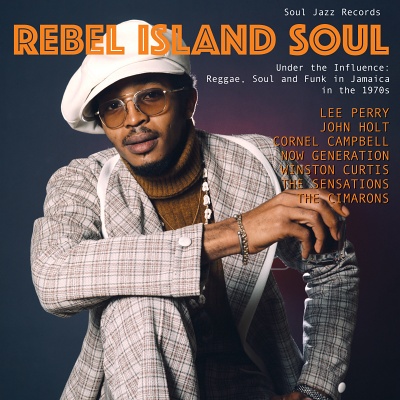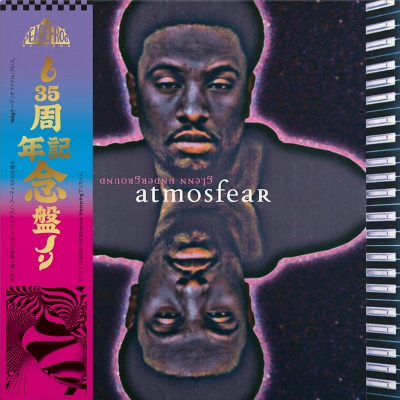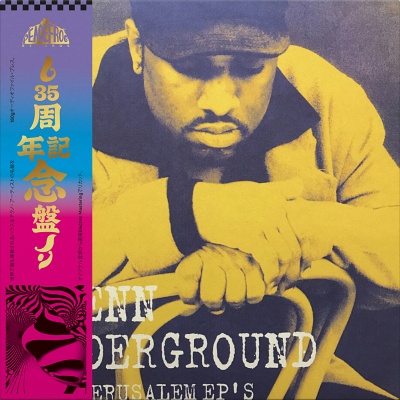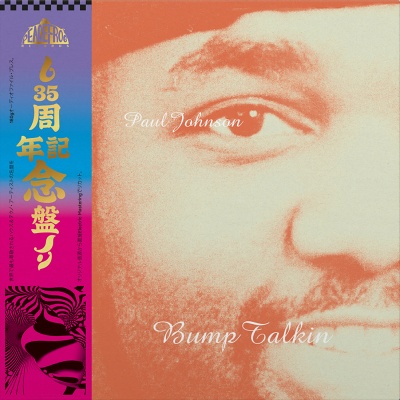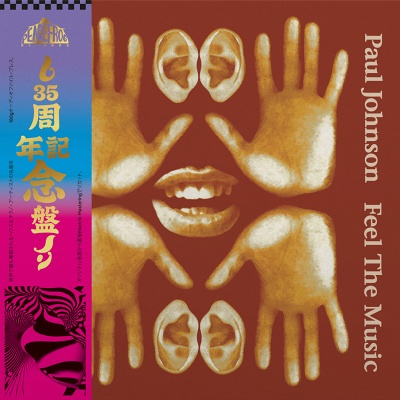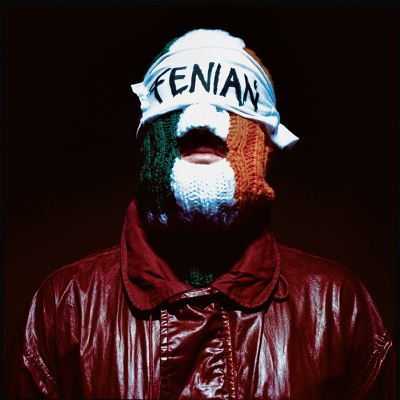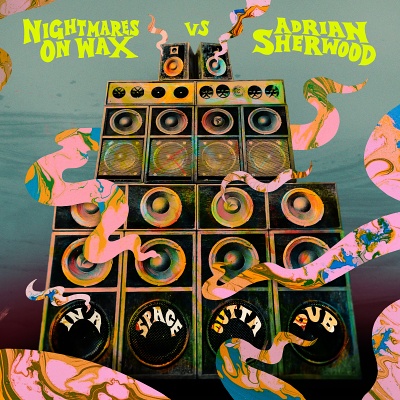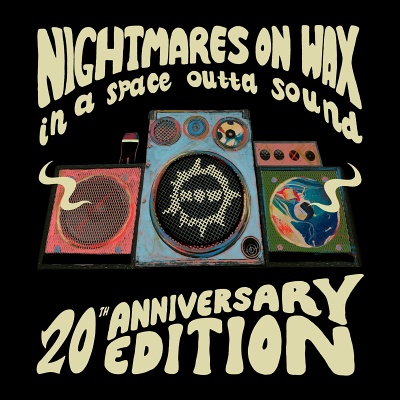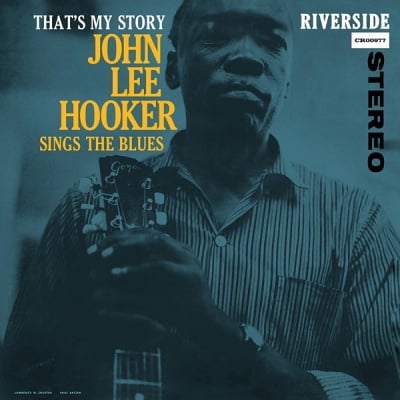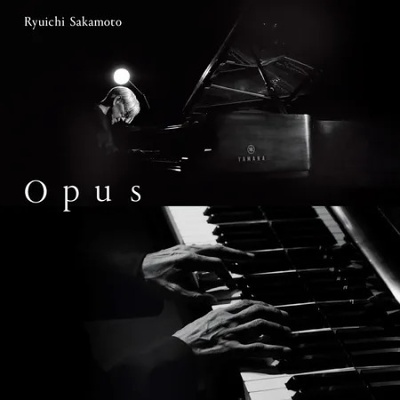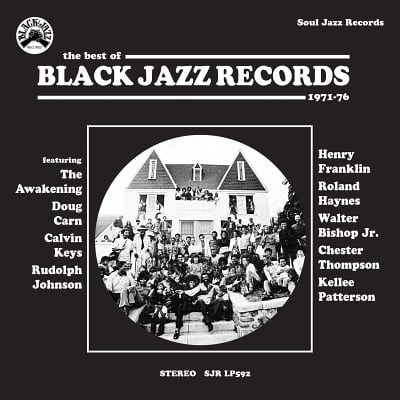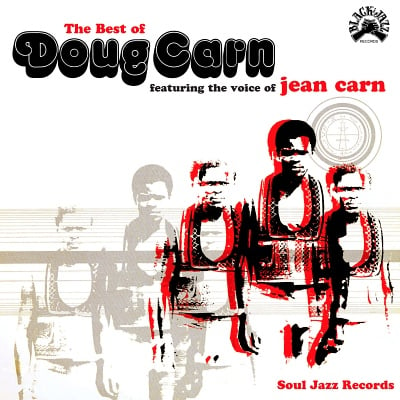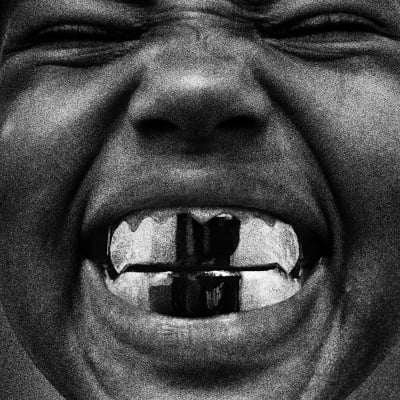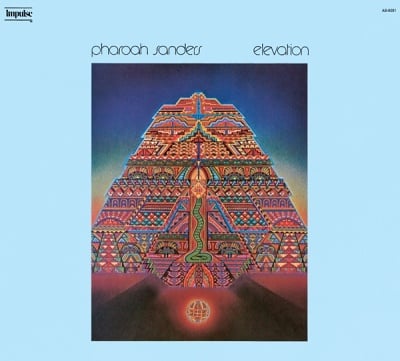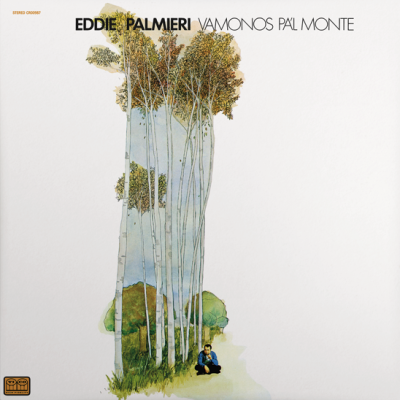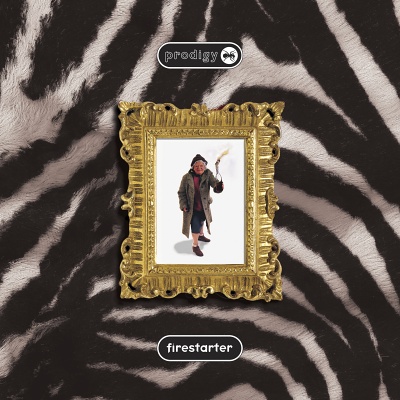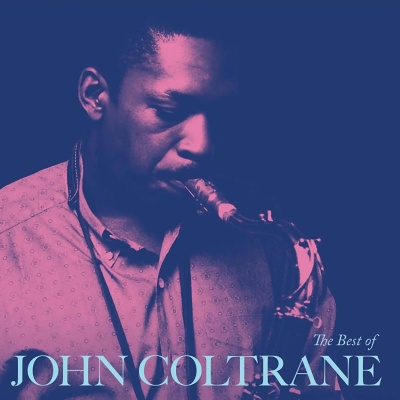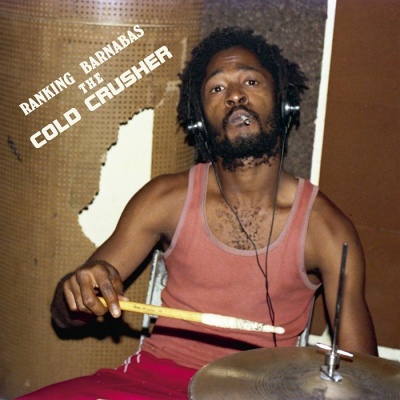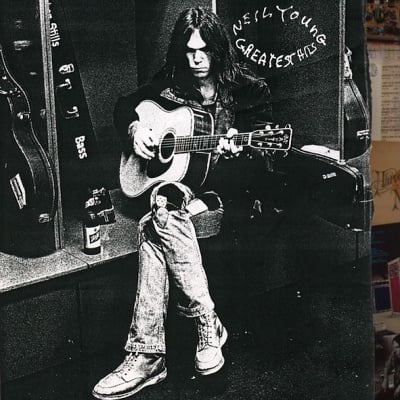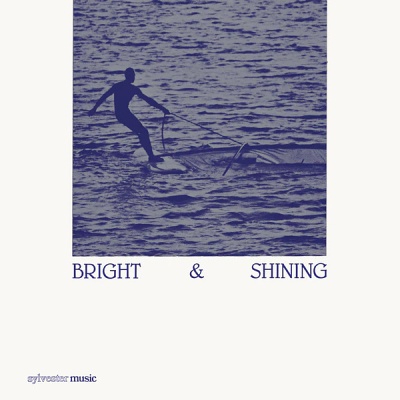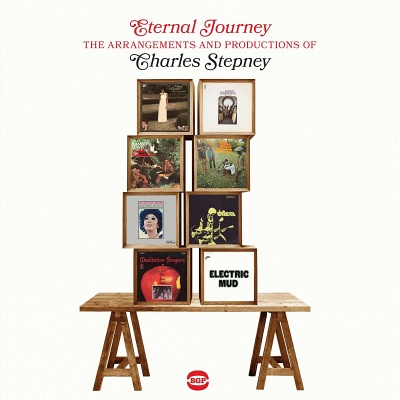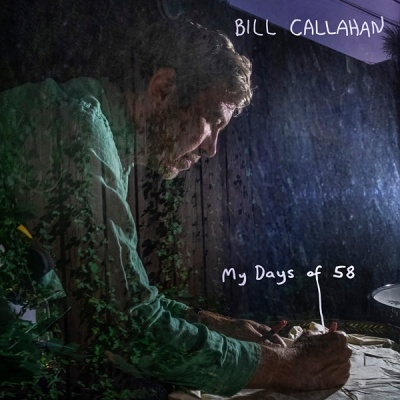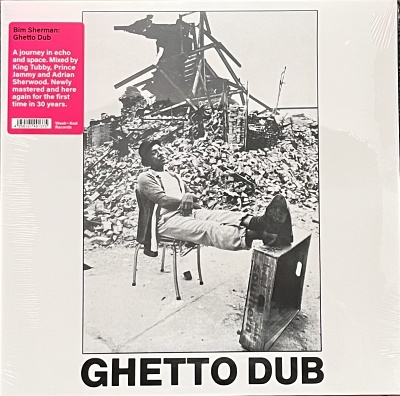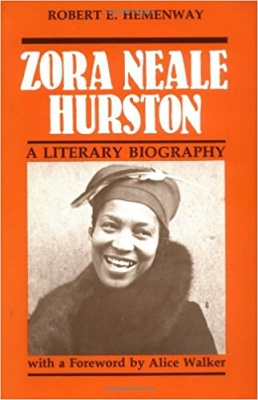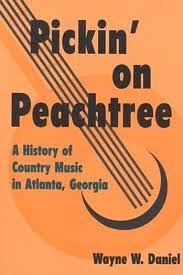
- Book (500g) 9780252075575£7.00In stockAdd to Bag
"The National Barn Dance" was America's most popular country music radio show during the 1930s and 1940s, essentially defining country and western entertainment until it was supplanted by the "Grand Ole Opry" and rock 'n' roll in the 1950s. Broadcast for more than three decades from Chicago, the show reached listeners throughout the Midwest, the East Coast, and large regions of the South, delivering popular entertainment to rural and urban areas and celebrating the folk traditions that were fading in an increasingly urbanized America. Drawing on the colourful commentary of performers and former listeners, these essays analyze the "National Barn Dance" and its audience, trace the history of barn dance radio, explore the paradox of country music in a major urban centre, investigate notions of authenticity in the presentation of country music and entertainment, and delve into other provocative issues raised by the barn dance phenomenon.
